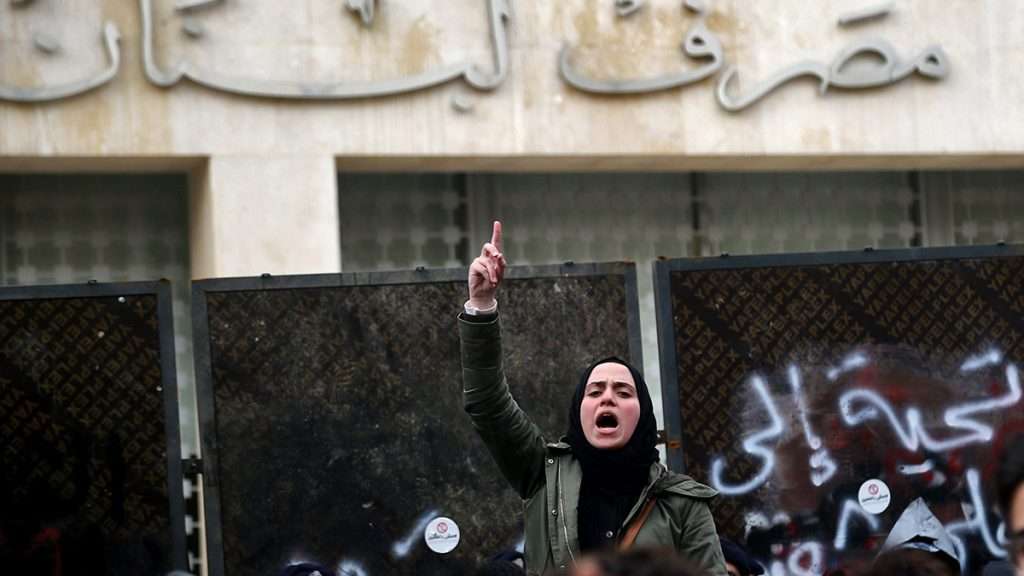
This article provides insights on the recently announced grey-listing of a country already beset by banking issues, and the expected backlash of social and economic uncertainty.
Yesterday, it was revealed that Lebanon, already in an uncontrolled financial tailspin, is about to be grey-listed by the Financial Action Task Force (FATF).
FATF is an intergovernmental body established by G7 to identify countries who are involved in money laundering and the financing of terrorism. This may not be because of nefarious government activities of those in authority. More often than not, it’s the lack of established protocols that make certain countries easy to target from within. It’s a yellow card shown to a government, by an organisation which then assists with returning to compliance. Simply, FATF helps governments clean up their act. The grey-listing of Lebanon falls precisely into this definition.
So now Lebanon is about to join a list of more than 20 other countries (a list which includes the United Arab Emirates) whose financial practices are under scrutiny and facing rehabilitation.
The Banks Could See it Coming
“It’s hardly surprising”, says a well-placed and highly regarded financial source. “But I think the timing of this announcement is a little odd. It’s possible that severe delays in the overhaul of the country’s banking sector may have triggered this decision. What I do know is that internationally-affiliated banks in Lebanon have been in touch with their overseas partners since the announcement and the impact, to them at least, will be minimal.“
I pressed my source for more insights on how this would affect the people of Lebanon, not just the banking system or the government.
“Let me make one thing clear”, he responded. “The grey-listing of Lebanon is not a bad thing. Lebanese people have been served up a steady diet of uncertainly for many years now. It would be easy to roll one’s eyes and think to oneself ‘not another thing going wrong here’. But enforced additions to compliance layers in banking are never a bad thing. They can jumpstart renewed investor confidence and capital flow, regionally and further afield.”
But having said that, you have to remember that Lebanon is now considered to have an informal economy. Most transactions are cash-based. So the day-to-day lives of most Lebanese people won’t immediately see any benefit to this scenario. Not yet, anyway. But to reiterate, whilst this kind of intervention has tended to yield mixed results in other nations, the intercession itself does slot into the positive side of the ledger.”
Inside Telecom provides you with an extensive list of content covering all aspects of the tech industry. Keep an eye on our Insights sections to stay informed and up-to-date with our daily articles.